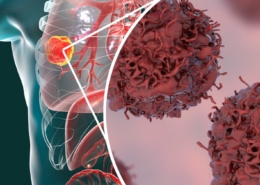As someone who campaigned for a Scottish parliament, has engaged with it and served as a member of it, the 25th anniversary has left me rather underwhelmed. There have been plenty reflections and critiques from the great and the good. But there has been little engagement with the bigger question of whether the parliament has effectively improved democracy in Scotland as opposed to whether as an institution it is living up to expectation.
Despite differences on the ultimate constitutional goal for Scotland, all political parties now accept the existence of the Scottish Parliament and the role it plays in making the government of Scotland more accountable to the people. Part of the reason that I and many others became more actively engaged in politics was precisely because a parliament in Edinburgh operating in an open and accessible way was, if nothing else, an easier institution to engage with than one in London with its arcane rules and procedures.
But that ease has contributed to the increased centralisation of power in Edinburgh. Despite some important reforms to local government, its role, already fragile in the late 1990s, has diminished with many of its powers transferred to Scottish ministers. The National Care Service (Scotland) Bill is merely the latest example of this power grab and the council tax freeze another symptom of the dysfunctional relationship between local and central government. Indeed, Scotland has the least democratic system of government anywhere in Europe due to the absence of a genuinely local system of government.
In 2010, I was visiting Norway and had a meeting with the chief executive of one of the country’s 354 municipalities. This was at the time when plans for a single national police and fire service were already being explored. How, I asked my Norwegian friend, did his small municipality of 2,500 residents manage to be responsible for fire and rescue services when back in Scotland we were proposing ending the limited local responsibilities that then existed?
He patiently explained to me the politics of cooperation. Yes, his council was responsible for the fire service but it was delivered by a cooperative arrangement with other municipalities. A new tunnel had recently been constructed and so another municipality joined their fire service as access was now easier. This cooperation exists for different services in different configurations. It is flexible but retains the important element of local accountability.











